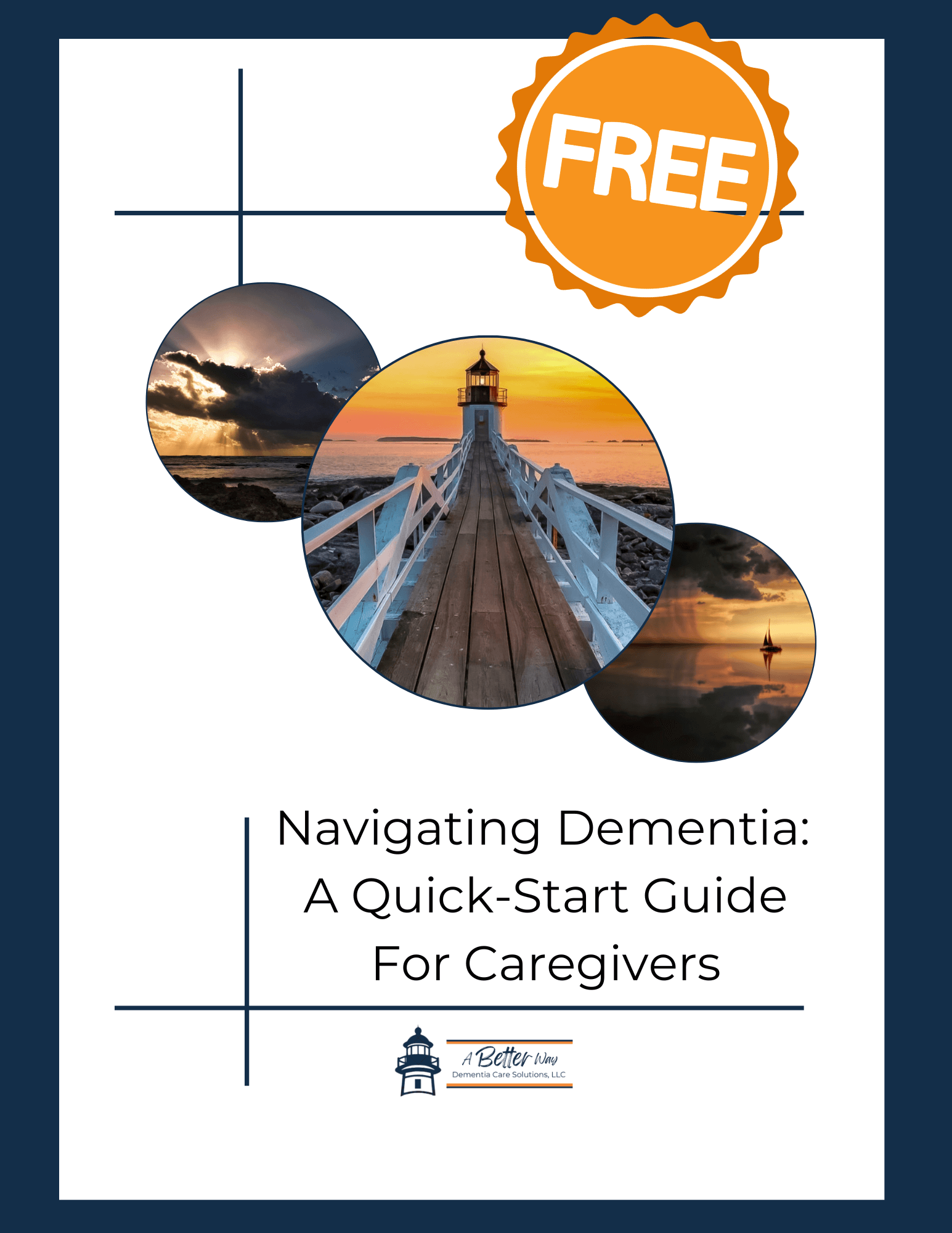
Embarking on the journey of caregiving can be both rewarding and challenging, and one of the most crucial first steps is gaining a comprehensive understanding of dementia. Dementia is not a singular disease but rather an umbrella term used to describe a variety of symptoms that impair cognitive function, behavior, and memory. While Alzheimer’s disease is the most common form, other types include vascular dementia, Lewy body dementia, and frontotemporal dementia—each presenting its own distinct symptoms, challenges, and care needs. Understanding the unique characteristics of each type will help you tailor your caregiving approach and provide more effective, compassionate care.
What Dementia Means for the Person You Care For
Dementia can feel overwhelming, both for the person you care for and for you as their caregiver. It’s important to recognize the type of dementia they have as it directly influences their experiences, symptoms, and care needs. For instance, Alzheimer’s disease often initially presents with gradual memory loss, making it challenging for the person to recall recent events or recognize familiar faces. In contrast, vascular dementia usually presents with changes in cognitive abilities like reasoning, problem-solving, and planning. Individuals with Lewy body dementia might experience vivid visual hallucinations or changes in movement, which can be confusing and unsettling. Meanwhile, frontotemporal dementia often leads to drastic shifts in personality and behavior, making communication difficult.
Understanding the specific type of dementia helps you set realistic expectations for their care. It also allows you to anticipate potential challenges so you can adjust your caregiving approach accordingly. For example, you might need to focus more on providing emotional reassurance for someone with frontotemporal dementia or develop strategies to minimize fall risks if the person has Lewy body dementia. Having this insight allows you to provide more personalized, compassionate care and reduces the frustration that can arise from uncertainty.
Understanding Progression and Symptoms
Dementia is a progressive condition, meaning that its symptoms worsen over time. However, the progression can vary significantly from person to person. Some individuals may experience a rapid decline, while others may show a slow but steady progression. No matter the pace, staying informed about what to expect can empower you to better navigate these changes.
The most commonly recognized symptom is memory loss, but it is rarely the only one. As dementia advances, other symptoms often emerge, including confusion, disorientation, and difficulty with language or decision-making. Personality changes and mood swings, such as increased agitation, anxiety, or depression, are also common and can significantly affect both the person you care for and your caregiving dynamic. In some cases, individuals may experience hallucinations or delusions, especially with Lewy body dementia.
It is crucial to remain flexible as symptoms shift. Some days may be better than others, and progression can happen in waves. Understanding these symptoms can help you respond with greater patience and empathy, preparing you to adapt to the evolving needs of the person you care for.
In addition, tracking the progression of symptoms is a valuable tool in caregiving. Keeping a memory loss tracker or journal, for example, can help you monitor changes in cognitive abilities and behavior. This can be useful for sharing insights with healthcare professionals and ensuring the person you care for gets the most appropriate medical treatment as their condition evolves.
Additional Support for Caregivers
Being a caregiver can be emotionally and physically taxing, which is why it’s important to seek out resources that can help lighten the load. One of the best ways to deepen your knowledge and connect with others facing similar challenges is by joining support groups. These groups can provide a sense of community, emotional support, and practical advice. You can join our private Facebook support group for caregivers here for a safe space to share experiences, ask questions, and receive encouragement.
Moreover, accessing educational resources like books, online articles, and professional advice is crucial for ongoing learning. One highly recommended book is The 36-Hour Day by Nancy Mace and Peter Rabins, which offers practical tips and emotional support for those caring for individuals with dementia.
Conclusion
Understanding dementia is an ongoing process, but the more you learn about the specific type of dementia affecting the person you care for, the better prepared you will be to meet their needs with compassion and understanding. Stay connected with the wealth of resources available to you, from books and articles to support groups and caregiving tools. Your role as a caregiver is vital, and by educating yourself and remaining patient through the challenges, you can make a profound difference in the quality of life for the person you care for.
Join Our Private Caregiver Community
If you're looking for a safe space to share your caregiving experiences, ask questions, or simply connect with others who understand the challenges you face, join our private Facebook support group for caregivers. It's a supportive, empathetic community where you can find encouragement and answers when you need them most. Join here
Subscribe to Our Newsletter & Download Your Free E-Book
For more valuable tips, resources, and updates on dementia care, click here to subscribe to our newsletter today!
To help you prepare for and manage doctor’s appointments with the person you care for, click here to receive our free downloadable e-book, Navigating the Doctor's Office: A Caregiver’s Guide.
Affiliate Disclosure
A Better Way - Dementia Care Solutions, LLC participates in the Amazon Associates Program, which means we earn a small commission when you buy through links on our site, at no extra cost to you. We only recommend products that we believe can help caregivers on their journey.
Disclaimer: The information provided in this blog is for educational purposes only and should not be considered medical advice. Always consult with a doctor or a licensed physical therapist before starting any new exercise routine, using assistive devices, or following the recommendations mentioned. Every individual’s needs are different, and professional guidance is essential to ensure safety and appropriateness of care.
Want to keep figuring this out together?
Subscribe to Finding Our Way in Dementia Care and get honest stories, helpful tips, and gentle support delivered to your inbox every week. Just real talk, grounded care, and space to breathe.
Subscribe to Finding Our Way in Dementia Care and get honest stories, helpful tips, and gentle support delivered to your inbox every week. Just real talk, grounded care, and space to breathe.
Kind truth. Clear steps. Warm guide.

















0 Comments